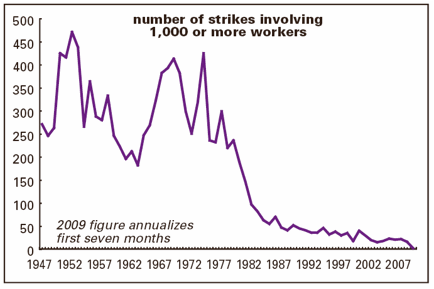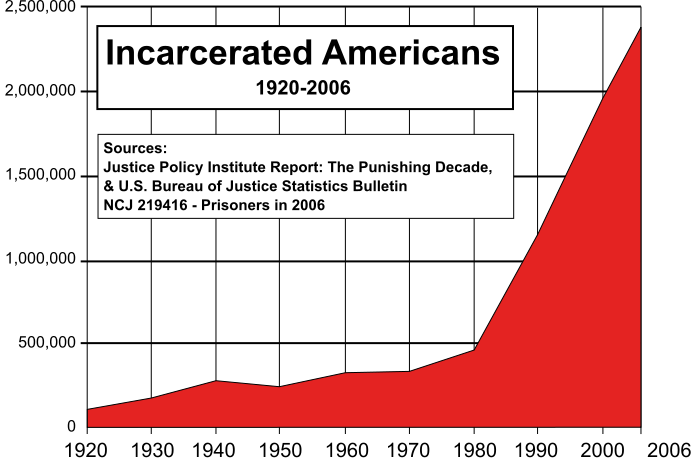
Bernie Sanders
Sanders supporters have a reputation for being passionate. Some of that reputation is unearned, a simple attempt by the establishment to pretend they are uniquely aggressive.
But some of it is true, and it’s true for a simple reason.
Sanders followers believe he is the only candidate who will fight to get them universal health care and student loan relief, They feel their lives are at risk, because they can’t afford health care, and student loans are so heavy many of them, or their children or friends can never expect to have a good life.
In other words, Bernie’s followers are scared for their lives, and of having terrible lives, and when someone gets in the way of what they see as their only real chance of not having to be scared, they get angry.
This is exactly what you would expect. “Oh, I’m sorry you might die because of lack of healthcare but other issues are more important” is the sort of argument which doesn’t fly. “Your death and miserable life matter less than my pet issue.”
This is why, in particular, many Sanders followers are angriest at Warren, who has recently repeatedly attacked Sanders.
This is normal behaviour for a politician in a race, but they don’t see it first as a race where people are competing to become president. Instead it is a movement to get people health care, cancel student loans and tackle climate change. Warren was seen as part of that movement, as an ally, and the competition was only to see whether it would be Warren or Bernie as the nominee.
For Warren to attack Bernie is to say “my personal ambition is more important than saving all of these lives and making so many lives better.”
That’s the Sanders supporters emotional logic. Especially since it often reads as “you need health care or you might die, but I think something is more important than whether you live or die.”
Every candidate has an emotional message. Sander is “not me, us.” It’s not about him, it’s about saving other people. So to attack him, as someone who is an ally, isn’t an attack on Bernie, it’s an attack on those who support Bernie’s plan to save lives.
Thus the anger at Warren.
Warren’t emotional logic is “I’ve got a plan for that.” Her claim is that she’s the most competent candidate (the logic that Hillary ran on, actually). She appeals to technocrats and many women who find her journey resonates with them the same way Clinton’s did.
Biden’s emotional logic is “back to the Obama administration, life was more or less OK then, right?” Plus a bit of emotional appeal as the inappropriate but essentially well-meaning uncle. Yeah, he puts his arm around everyone, but he doesn’t mean anything by it.
Warren and Biden are competing on who is the best candidate, Sanders is leading a movement to save lives and make a lot of lives much much better. Warren was seen as an ally, she is believed to have equivocated on the most important goals like Medicare For All and Student Debt Relief, and she then attacked Sanders, as if they weren’t on the same side.
Such people, emotionally, are considered traitors, and traitors are always despised far more than honest enemies.
Bernie leads a movement, not a political campaign. His followers are angry because they are literally scared for the lives and the lives of those they love. His movement is about other people, not about his ambition.
Remember that Bernie asked Warren to run in 2015 and only ran when she, triangulating, chose not to. If she had accepted, she’d be where he is, because she didn’t, he is
Sanders ran for other people, not for himself.
So when Warren or anyone else attacks Bernie, it’s seen as an attack on “us” and our odds of living and having decent lives, not as an attack on Bernie.
That’s why attacks on Bernie are taken personally by people other than Bernie.
They aren’t attacks on Bernie, they’re attacks on the movement he leads.
The results of the work I do, like this article, are free, but food isn’t, so if you value my work, please DONATE or SUBSCRIBE.



